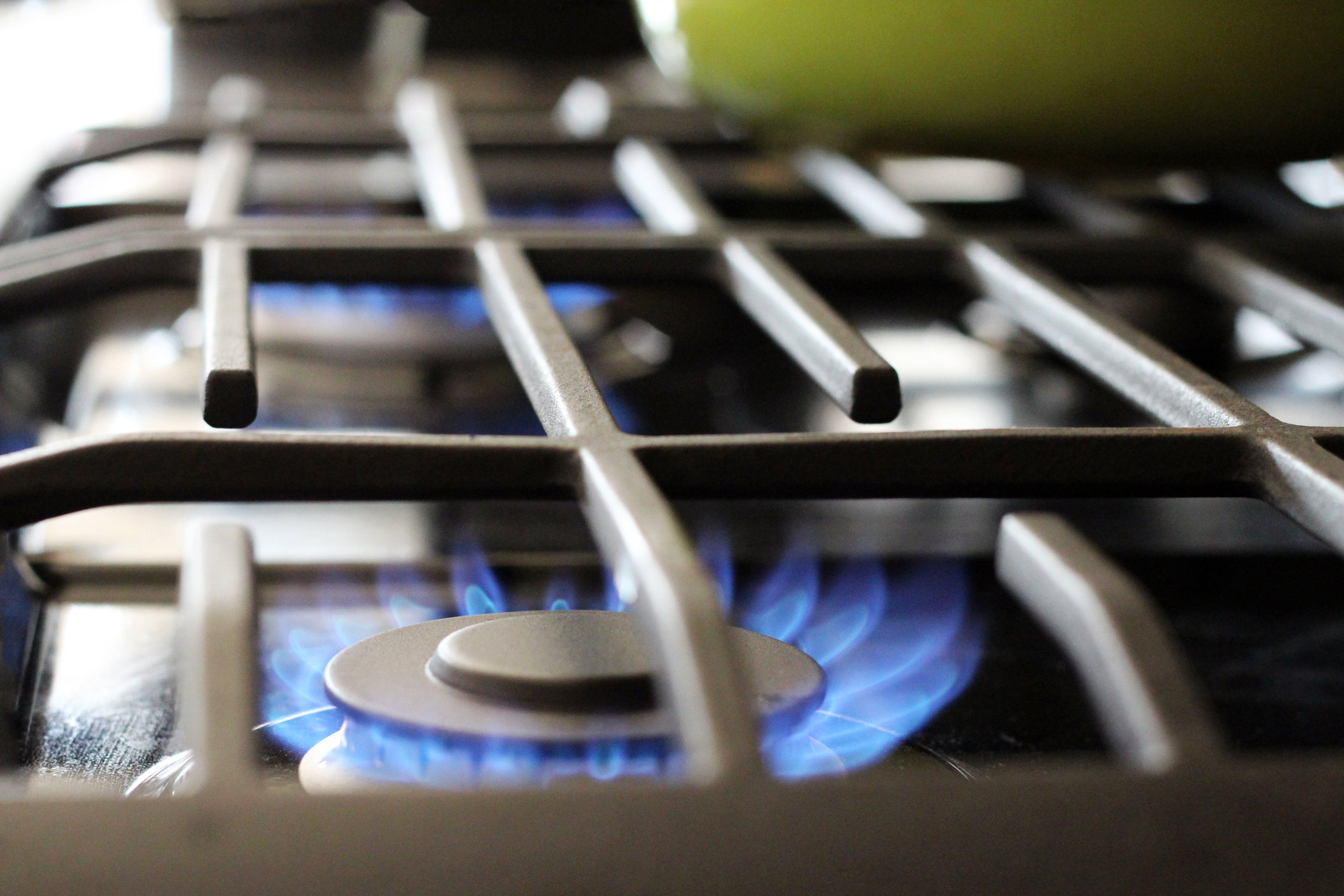For decades, gas stoves have been considered the most convenient and efficient way to cook. But in recent years, politicians around the world have begun calling for a ban on these stoves due to their emissions and the corresponding climate change that results from them. So why do politicians want to ban gas stoves? In this blog post, we’ll explore the reasons behind this proposed ban, including the environmental impact that gas stoves can have and what government officials are hoping to accomplish by banning them. We’ll also look at some of the alternative cooking solutions that could replace gas stoves.
The Dangers of Gas Stoves
When it comes to gas stoves, the biggest danger is a leak. Gas leaks are not only dangerous, they can be deadly. A small gas leak can quickly turn into a large one, and if it ignites, the resulting explosion can level a building. That’s not why politicians are pushing for a ban on gas stoves.
Another danger of gas stoves is carbon monoxide poisoning. Carbon monoxide is a colorless, odorless gas that can be deadly if inhaled in large quantities. Gas stoves release carbon monoxide when they’re used, and if there’s not enough ventilation, the gas can build up and make people sick. Symptoms of carbon monoxide poisoning include headaches, dizziness, nausea, and shortness of breath. In severe cases, it can cause coma and death.
Finally, gas stoves pose a fire hazard. If a pan catches fire on a gas stove, it’s very difficult to put the fire out. And because gas stoves release heat constantly, they can easily start a fire if they’re not used properly.
The Benefits of Gas Stoves
Gas stoves have been a controversial topic in the US for many years now. Some people believe that they are the best type of stove to use, while others believe that electric stoves are better. However, there are some clear benefits to using gas stoves that make them the better option.
First and foremost, gas stoves are much cheaper to operate than electric stoves. This is because natural gas is a much cheaper energy source than electricity. In addition, gas stoves tend to be more efficient than electric stoves, meaning that they use less energy overall.
Gas stoves also tend to heat up faster than electric stoves. This is because the burner on a gas stove is directly exposed to the flame, whereas an electric stove has to heat up a coil or element first before transferring that heat to the food. This means that you can start cooking sooner with a gas stove, which can be a big time-saver.
Finally, many people simply prefer the way that food tastes when it is cooked on a gas stove. Gas flames tend to impart a subtle flavor to food that many people find appealing. For these reasons and more, it’s no wonder why so many people prefer gas stoves over electric ones.
The Pros and Cons of a Gas Stove Ban
There are many pros and cons to banning gas stoves. Some argue that gas stoves are a major source of air pollution and contribute to climate change. Others argue that gas stoves are more efficient than electric stoves, and banning them would be an inconvenience for consumers.
Some pros of banning gas stoves include:
-Reduced air pollution
-Reduced greenhouse gas emissions
-Increased energy efficiency
Some cons of banning gas stoves include:
-Higher costs for consumers who would need to switch to electric stoves
-Inconvenience for consumers who are used to using gas stoves
-Potential job losses for those employed in the gas stove industry
How a Gas Stove Ban Would Affect Consumers
A gas stove ban would have a significant impact on consumers. For one, it would make it more difficult to cook food. Gas stoves are convenient because they heat up quickly and evenly. Electric stoves can take longer to heat up, and they don’t always heat evenly. This can be frustrating for cooks who are trying to prepare a meal.
Another inconvenience of a gas stove ban would be the cost of switching to an electric stove. Electric stoves can be more expensive than gas stoves. In addition, many homes need to have their electrical systems upgraded in order to accommodate an electric stove. This can be a costly project.
Finally, a gas stove ban would also mean that people would need to find another way to heat their homes. Gas furnaces are often used in conjunction with gas stoves. If the stove is banned, people would need to find another way to heat their homes, which could be costly and inconvenient.
Conclusion
Here’s what the leftist politicians are thinking.
In conclusion, gas stoves have become a huge environmental issue in the world today and it is evident that politicians need to take action. By banning gas stoves, they can work towards reducing air pollution levels and improving public health. Furthermore, investing in renewable energy sources would create jobs and help secure a more sustainable future for generations to come. It may be difficult initially but with the right incentives, transitioning away from gas stoves could result in much bigger long term benefits.
